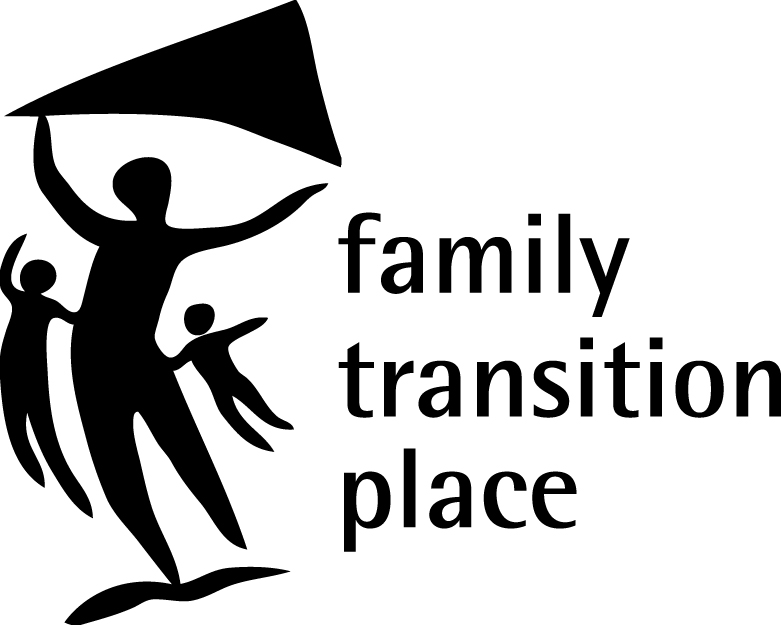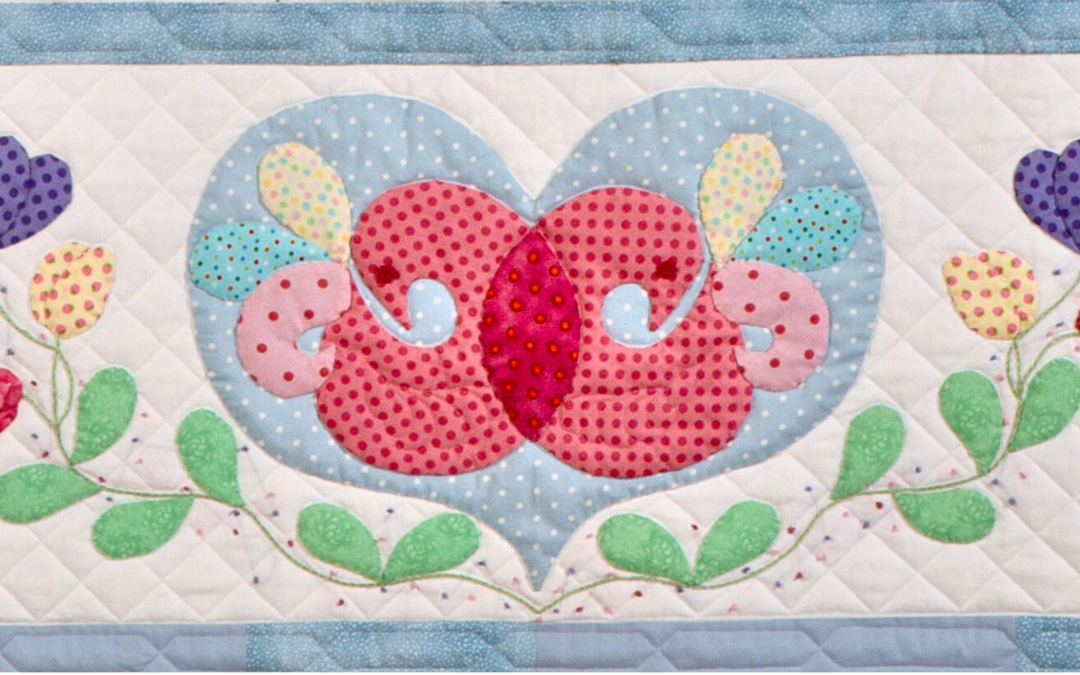A letter from Sandra Small Proudfoot
Changes are needed to better support victims of domestic violence
I would like to take this opportunity to thank all those involved in the selling and purchasing of tickets to my quilt raffle for Family Transition Place, our local women’s shelter. A winner was chosen on Thursday, March 20th. The funds from the raffle will go directly to supporting the victims coming into the shelter, who range in age from needing diapers to Depends, a rather shocking fact. Family Transition Place also allows pets to come with victims, for they, too, are victims of situational abuse. While I volunteered at FTP many years ago, it has been my unfortunate experience with Intimate Partner Violence (also referred to as Domestic Violence) later in life which has brought me to use my textile work in advocating for Violence Against Women.
Intimate Partner Violence, which all women’s shelters deal with, is not a subject people in general are comfortable discussing. Yet when we learn of the women and children killed by a partner, husband, or father, we are horrified. But if it doesn’t touch our lives personally, it’s not our experience and our lives go on.
My experience in dealing with the reality of Intimate Partner Violence and the judicial system and the law has been a challenge for me in many ways in understanding the process and the fact that victims of Intimate Partner Violence are not given the support or consideration they deserve. Victims are so traumatized, sometimes physically injured and financially compromised and dependent on the accuser, that just going through the process of the judicial system following the call they’ve made to the police, is traumatizing in itself. While each victim’s experience is unique onto itself, the law, the police, and the judicial system can be overwhelming. And it can be unkind.
Not all domestic abuse calls to police are responded to by a trained team of police officers, a man and a woman. My call to 911 two and a half years ago brought a young rookie of a police constable to my home accompanied by an older male officer who stayed in the background while the young constable took my statement down, not on paper as I’d expected but on his cell phone. I watched as my words disappeared into the constable’s iPhone wondering if this was a safe way to take a complainant’s statement. At eighty-three, I was not of the digital age, paper and pen seemed safer to me. Following calling the police I was assigned a Crown Attorney in Orangeville whose name I won’t divulge. I was also assigned to a counsellor at Victim’s Witness, the purpose of which was to help me through the Crown Attorney process. I was not allowed direct or personal contact with the Crown Attorney, which I found odd as I thought, wrongly so, that this person was assigned to represent me as a lawyer would do. Now, I know that the Crown Attorney is more or less like a clearing house for criminal charges which they will decide is either worth going further into the court system or not.
Domestic abuse charges often don’t make it to court. They are considered issues between women and men and thus mediation is recommended rather than court. It doesn’t matter about the injuries suffered by the victim or the assaults. In my ignorance, I provided documentation to the Crown Attorney which accounted for nothing. What I did not know was that the young police constable had lost my audio statement, a fact that was only disclosed to me ten months later just prior to the court appearance of the accused and not by the Primrose Detachment of the OPP but through a police connection at the C-Line detachment. I was shocked that I had not been notified of this loss immediately so that my statement could be replaced. What stood out for me also was the fact that when the Crown learned of this loss, that person did not notify me either. It was like I was an invisible pawn in this game of gender-based violence. As a result, the Crown dismissed the assault charge of the accused, which the accused now claims never happened. The Crown based the decision on several things, one because of “evidence lost” (when the police offered to take a replacement statement from me why did the Crown say “no”?).
Another factor was that the accused was eighty-five years old (why did the Crown not feel that the victim at eighty-four years old, a woman, who had been abused for a number of years, and had permanent injuries as a result of a last assault, was not deserving of consideration?).
Patriarchy in the legal and court system is still very present today. Luke’s Place, a Toronto-based organization that supports women victims of violence notes that the court system is still that of a ‘he said/she said’ nature. Disappointing in this day and age where equalization of the sexes is still not on a level playing field. The Crown is tied into a system created by the government of Canada and must follow this system. Yet the Government of Canada puts out concerning and supportive information on Gender Based Violence yet it doesn’t back up its words in supporting the actual victims of Intimate Partner Violence.
What the government might consider doing is to have a less patriarchal focus in its functioning, respect women victims more and support them from the moment they call 911 to report abuse/assaults, also consider monetarily contributing to their care for a period of years as a trauma disability until victims can get re-established again as many victims are financially reliant on the abuser. Perhaps that is too much to ask of our government who talk a good story but don’t back it up with the care victims of Domestic Violence deserve. Just my experience and observations.
Sandra Small Proudfoot
Orangeville, Ont.
This letter is from the March 28, 2024 issue of the Orangeville Citizen.




